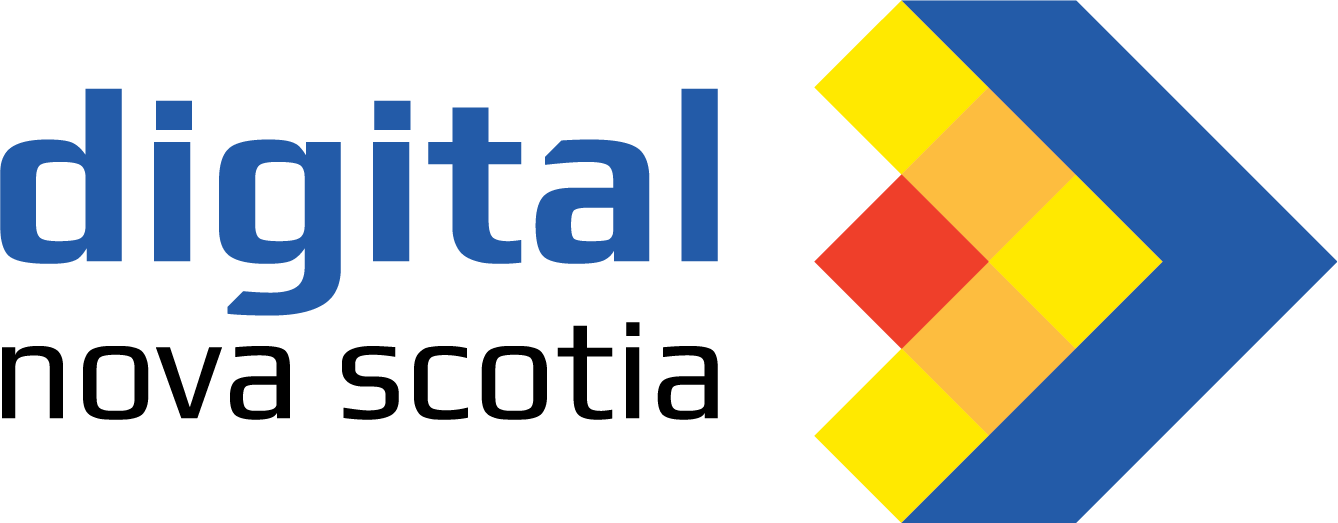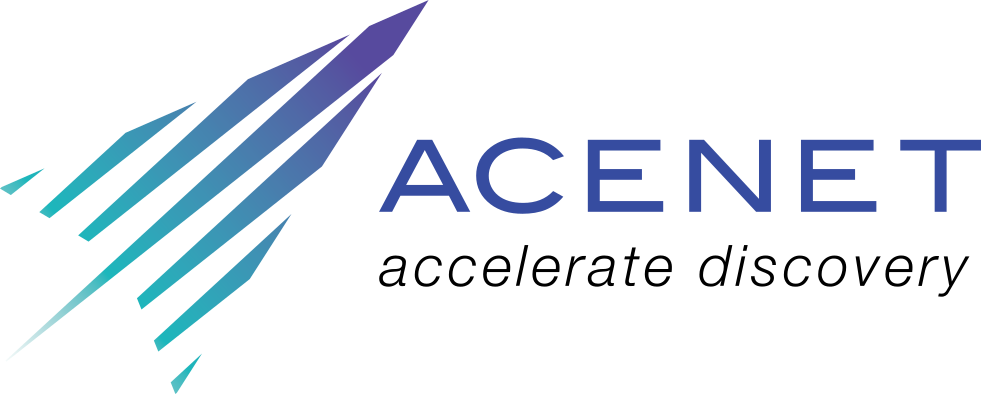Introductory Programming in R
St. Francis Xavier UniversityThis in-person only session will start with basic R syntax and the R Studio notebook interface. Then, we’ll teach you how to import CSV files, the structure of data frames, how to deal with factors, how to add/remove rows and columns, how to create functions with R, loops with R, how to calculate summary statistics from a data frame, and a brief introduction to plotting. The last lesson demonstrates how to run R programs using command-line interfaces, which will be useful in the domain of high-performance computing. The principles, techniques, and examples covered in the workshop are applicable to a wide variety of research areas including sciences, arts, and business. No previous experience with digital tools or programming is required for this workshop. DETAILS & REGISTER https://www.eventbrite.ca/e/introductory-programming-in-r-tickets-881285487617?aff=oddtdtcreator

